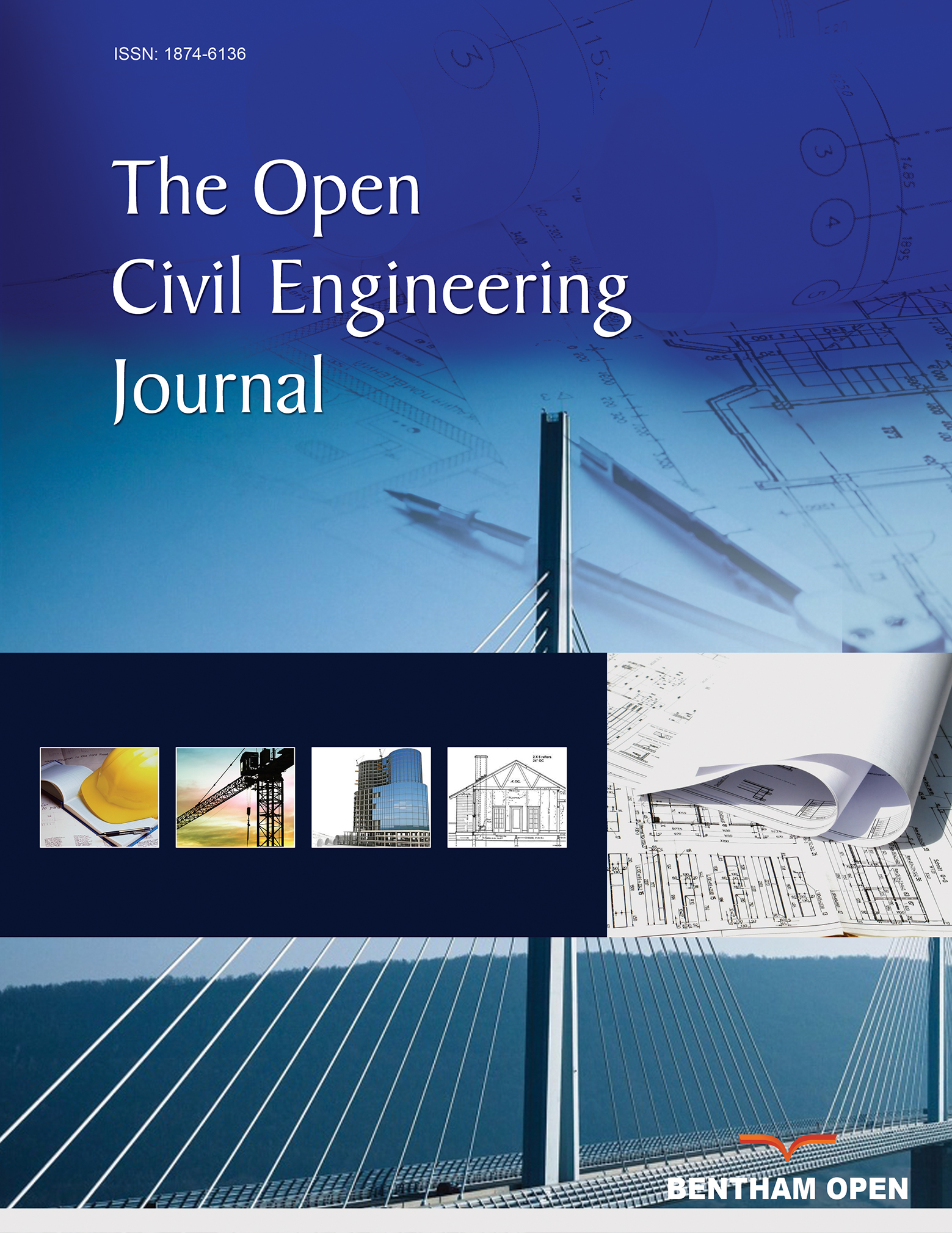All published articles of this journal are available on ScienceDirect.
Mechanical and Thermal Properties of Self-Curing Metakaolin-based Geopolymer Mortar in Hot-arid Climate
Abstract
Aims
This work evaluates the potential of locally obtained moderate-grade kaolinitic clay from Tabelbala, Algeria, for manufacturing metakaolin-based geopolymer mortar with improved mechanical and thermal properties in hot-arid conditions.
Background
Urban heat islands and environmental concerns related to cement production drive the search for sustainable alternatives. Geopolymer binders can substitute for Portland cement with lower carbon emissions and better thermal performance. The low reactivity of local materials like Tabelbala clay requires enhancement.
Objective
This study aimed to optimize the geopolymerization process by enhancing the reactivity of Tabelbala clay by using silica fume and alkaline activators. Additionally, it evaluated the impact of curing conditions on its mechanical and thermal properties.
Method
Kaolinitic clay was calcined at 900 °C to produce metakaolin, and the activation was performed using sodium hydroxide, potassium hydroxide, and silica fume or sodium silicate solution. Using ambient and solar curing techniques, geopolymer mortars were analyzed for their compressive and flexural strengths, shrinkage, bulk density, porosity, and thermal conductivity.
Result
Solar curing significantly enhanced compressive strength (up to 37.4 MPa) and flexural strength (up to 12 MPa) at 28 days. Adding silica fume also reduced drying shrinkage and thermal conductivity with a marked improvement in density.
Conclusion
Even though the Tabelbala clay is of moderate quality when combined with silica fume and cured optimally, it can produce geopolymer mortars with excellent mechanical and thermal properties, demonstrating their suitability as sustainable construction materials for arid climates.


